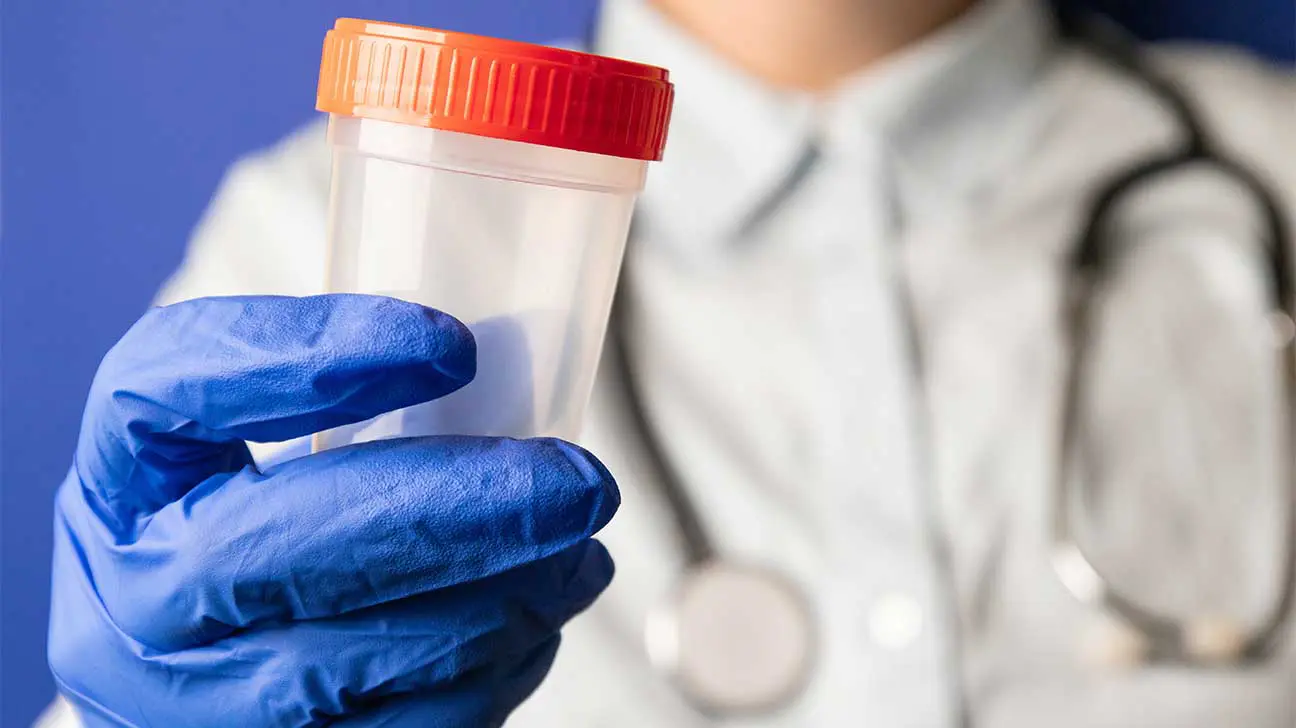
Morphine will remain detectable in the urine for one to three days after your last dose.
Urine screenings are the most common drug testing method used to detect drug use. Morphine can also be detected through blood tests, saliva tests, and hair tests.
Drug testing may be ordered by:
- healthcare providers
- employers
- legal entities
- sports organizations
Morphine Detection Time In Urine
Although morphine can be detected up to 72 hours after your last use, this is an average estimate that can be influenced by a variety of factors.
Factors that can affect morphine detection times include:
- amount of morphine used
- frequency of use
- taking morphine with other drugs
- metabolic rate
- impaired liver and kidney function
Personal factors—such as older age, weight, and body fat—can also influence morphine drug detection times due to their association with drug absorption and metabolism.
Testing Positive For Morphine After Heroin Use
Heroin, an illicit opioid drug, is a derivative of morphine, which comes from the opium poppy plant. When used, heroin undergoes a metabolic process in which it metabolizes to morphine.
Because of this, people who use heroin may test positive for morphine after use.
Due to their chemical similarities, heroin use can also result in a positive result for codeine, another naturally occurring opioid.
Can You Get A False Positive For Morphine?
False positives can occur after taking a urine test. Some research shows that eating an excessive amount of poppy seeds prior to taking a urine test may result in a false positive for opiates like morphine and oxycodone.
Why Are Drug Tests Ordered For Prescription Opioids?
Opioid drugs like morphine are well-documented as having a high potential for drug misuse and addiction. When abused, opioids can cause euphoric side effects and be life-threatening in high doses.
For these reasons, a healthcare provider may order tests to monitor your use of morphine if you receive regular prescriptions for chronic pain or severe pain.
Morphine is prescribed under the following brand names:
- Arymo ER
- Kadian
- Morphabond
- MS Contin
Urine drug tests can also be ordered as a condition of employment, pretrial release, or parole—particularly if you’re exhibiting common side effects of morphine abuse.
Finding Detox And Addiction Treatment For Morphine
Morphine addiction can affect physical health, mental health, ability to work, and general well-being. If you or a loved one is addicted to morphine, overcoming this addiction is possible.
Treatment programs for morphine addiction can offer:
- medically supervised detox
- medications for opioid use disorder (e.g. methadone, Suboxone)
- behavioral therapy
- chronic pain management services
Finding a detox program to get off morphine is the first step. After this, an inpatient or outpatient rehab program may be recommended.
If you’re struggling to get off morphine, we may be able to help. Call our helpline to find a morphine detox and treatment program to help you get off morphine today.
Addiction Resource aims to provide only the most current, accurate information in regards to addiction and addiction treatment, which means we only reference the most credible sources available.
These include peer-reviewed journals, government entities and academic institutions, and leaders in addiction healthcare and advocacy. Learn more about how we safeguard our content by viewing our editorial policy.
- HealthPartners—Interpretation of Opiate Urine Drug Screens
https://www.healthpartners.com/ucm/groups/public/@hp/@public/@ime/@content/documents/documents/cntrb_031044.pdf - Redwood Toxicology Laboratory—Laboratory Testing Reference Guide
https://supremecourt.nebraska.gov/sites/default/files/Programs/CIP/events/redwood/LAB_Reference_Guide.pdf - U.S. National Institute on Drug Abuse—Prescription Opioids DrugFacts
https://www.drugabuse.gov/publications/drugfacts/prescription-opioids - U.S. National Library of Medicine: MedlinePlus—Morphine
https://medlineplus.gov/druginfo/meds/a682133.html


